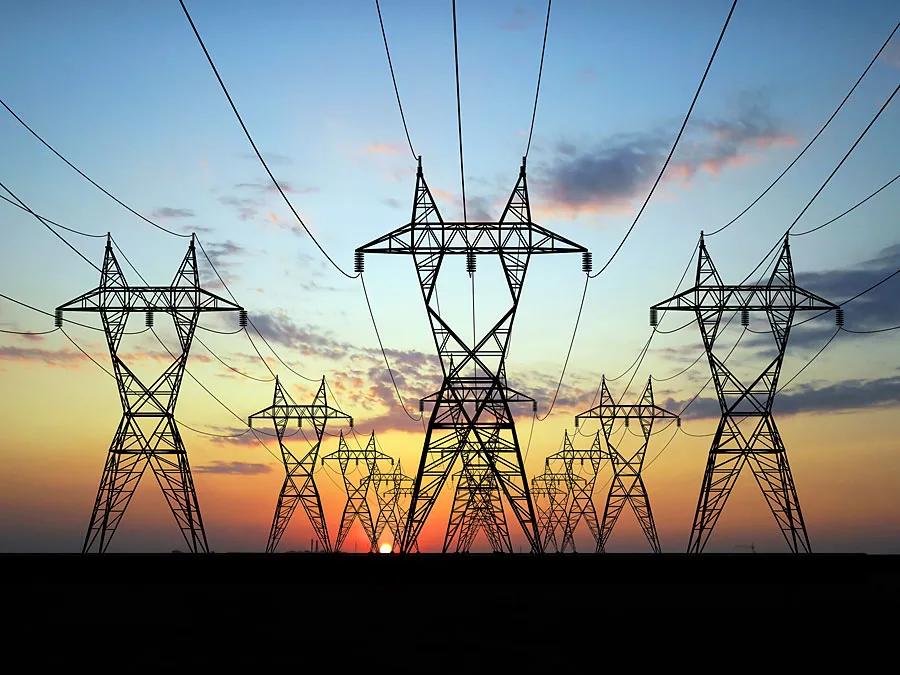Nigerians face tougher times as President Bola Tinubu administration removed Premium Motor Spirit (PMS) subsidy, added 7.5 per cent on diesel and plans to hike electricity tariff.
Already, Abuja Electricity Distribution Company (AEDC) has notified its customers of an increase in electricity tariff from July 1, 2023.
In a statement released on Sunday, June 25, AEDC stated that the review was due to the fluctuation of the Naira in the exchange rate.
Also read: NERC supports New Electricity Act
The statement reads “Effective July 1st 2023, please be informed that there will be an upward review to the electricity tariff influenced by the fluctuating exchange rate.”
Under the MYTO 2022 guidelines, the previously set exchange rate of N441/$1 may now be revised to approximately N750/$1 which will have an impact on the tariffs associated with your electricity consumption.”
For customers within band B and C, with supply hours ranging from 12 to 16 per day, the new base tariff is expected to be N100 per kWh while Bands A with (20 hours and above) and B (16 to 20 hours) will experience comparatively higher tariffs.
For customers, with a prepaid meter, we encourage you to consider purchasing bulk energy units before the end of this month as this will allow you take advantage of the current rates and potentially make savings before the new tariffs come into effect.
For those on post-paid (estimated) billing, a significant increment is imminent in your monthly billing, starting from August.”
Nigerians need to brace for tougher electricity tariff
Nigerians may need to brace up for tougher times as electricity tariff is set to increase by over 40 per cent in the coming days, a development which may eventually end all forms of energy subsidy in the country.
With a monthly subsidy of about N50 billion still in the electricity sector owing to revenue shortfall, the tariff hike due from July 1, may be another acid test for the President Bola Ahmed Tinubu administration’s market reform.
The administration has already removed subsidies on Premium Motor Spirit (PMS) and floated the naira, decisions that have complicated the price-setting of the Nigerian Electricity Regulatory Commission (NERC) 2022 Multi-Year Tariff Order (MYTO).
Although the power sector players have been unable to meet the threshold of supplying at least 5,000 megawatts a year after signing contracts with NERC, NERC’s current Service Based Tariff (SBT) was benchmarked on an exchange rate of N441/$ and inflation of 16.97 per cent.
Going by the NERC’s orders, in 2015, the average tariff across distribution companies (DisCos) and classes of end-users was N25 kilowatt, in order of 198/2020, which came into effect on September 1, 2020. The average tariff went to N60 per kilowatt; in the MYTO for 2022, the average tariff was N64 across classes of customers.
The foreign exchange rate used in determining the 2015 tariff was N198.97/$, N383.80/$ was used in 2020, while N441.78/$ was used in 2022. The inflation used in the 2015 MYTO was 8.3 per cent, 12 per cent was used in 2020 and 16.97 per cent in 2022.
Currently, the inflation rate is 22.41 per cent and some experts have projected that it would hit 30 per cent by the end of June given the floating of the naira and subsidy removal on PMS.
Coming as the metering gap remained at over seven million, gas prices, losses and actual generation capacity are other elements in determining the tariff.
While NERC’s projected tariff for July 2023 was expected to remove subsidy and increase the previously frozen tariff band D and E, increasing the bands from N54.59/kilowatt to N62.16 for band D and N48.37/kilowatt to N61.16 on average with an average increase across the bands moving to N67/kilowatt, the prevailing floating of the naira and spike in inflation is projected to move the new average tariff to about N88/kilowatt for the sector to recover the cost.
At the time of filing this report, available electricity on the grid stood at 3,057.7MW from 17 power plants. The average load intake of all the DisCos in the last four months averaged 3,000MW, a development that follows the persistent push to make the DisCos meet up with 100 per cent of their remittance orders.
With the question of affordability emerging as a major consideration as the grid remains unreliable, forcing it to make losses, stakeholders have expressed fear that Nigerian Electricity Supply Market may face tougher times managing outlook due to apathy that may come from consumers who are losing hope in the system and resorting to alternative energy.

